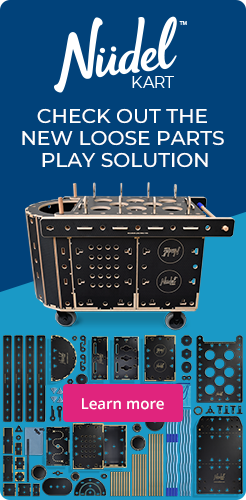1. Creativity and ImaginationNüdel Kart encourages children to use their imagination and creativity, leading to unique and original experiences which grow their neural connections 2. Problem SolvingNüdel Kart play provides opportunities for children to solve problems and develop critical thinking skills 3. Fine Motor SkillsHandling and manipulating Nüdel Kart helps children develop fine motor skills and hand-eye coordination 4. Social-Emotional DevelopmentNüdel Kart play allows children to work together, negotiate, and practice social-emotional skills such as cooperation and sharing 5. IndependenceNüdel Kart play gives children the independence to play and explore on their own terms, building their confidence and self-esteem
0 Comments
Creativity is recognised by many as one of the worlds most in-demand skills and it’s value continues to rise. Education experts around Australia regard creativity as a core competency required across all disciplines, including STEM. Teaching creativity is now critical for ensuring future success for students (and yes you read correctly, creativity can be taught! It's not just a gift for the few, but it's a skill that can be learnt by all)! Not only is it benifital for future skills, being creative have some surprising benefits! Being Creative Improves cognitive functionWhen we are creative we are thinking outside the box - which means we are activating different parts of our brain from the pathways we use day to day. Research shows that participating in creative activities such as playing an instrument, colouring, or doing puzzles, improves cognitive function, and also delays cognitive impairments for older people. Image credit: Unsplash - ALAN DE LA CRUZ Creativity makes us happier & Improves WellbeingSpending time doing a creative tasks and seeing them completed releases dopamine in your brain! Dopamine is the chemical that makes you feel good! A study found that doing something creative once a day leads to an overall more positive outlook, with the research showing greater levels in happiness by those who spent time being creative! Research also found that when engaging in creative activities, the brain acts in similar ways to when it is engaging with mindfulness, yoga, and meditation. Image credit: Unsplash - Jason Leung REDUCES STRESS and AnxietyIn a recent study, students participated in a range of creative activities (such as drawing, painting, collaging, and clay modelling) before taking their school exams. The results showed a large decrease in stress & anxiety after being creative. Image credit: Unsplash - Alejandro Piñero Amerio Creativity boosts selF-esteemResearchers found that spending just 45mins of doing something creative resulted in an improvement in a person's overall confidence (recorded a 73% increase). Image credit: Unsplash - Katya Ross MAKES YOU MORE SOCIALBeing creative can lead to participating in creative group activities such as cooking classes, art workshops, bands, or classes - which increases social interaction with others! Image credit: Unsplash - Vonecia Carswell Creativity builds resilienceBeing creative is all about problem-solving and innovation - so this mindset reflects research findings that a person with higher levels of creativity is more resilient and prepared to achieve success in completing challenges. Image credit: Unsplash - Delfino Barboza Kids who are creative PeRform better in schoolGiven all the benefits listed above, it makes sense that it would lead to a better overall performance in all aspects of life, including school. Research found a positive relation between creative thinking and academic performance. Revealing that creative thinking influences academic performance through students’ self-esteem and resilience. Image credit: Unsplash -Towfiqu Barbhuiya Intrested in learning more about creativity?
At Nüdel we are all about play as play is essential for a child's development! In our reading, work & research we often come across inspirational quotes from leading educators, researchers and thinkers about play, learning, STEM, tinkering, maker spaces, and creativity. So we thought to share our top 20 that also inspire you to see how great play is! "Play builds brain pathways for thinking, creativity, flexibility, empathy, and many other lifelong skills" - Heather Shumaker "Play is the highest form of research" - Albert Einstein "Creativity is now as important in education as literacy" - Sir Ken Robinson "A blank canvas is a playground for the imagination" - Marty Rubin "Play is our brain's favourite way of learning" - Diane Ackerman "To understand is to invent" - Jean Piaget "Play is not a break from learning. It is endless, delightful, deep, engaging, practical learning" - Vince Gowmon "Nothing lights up a child's brain like play" - Dr Stuart Brown "Teaching kids to count is fine - but teaching them what counts is best" - Bob Talbert "It is paradoxical that many educators and parents still differentiate between a time for learning and a time for play without seeing the vital connection between them" - Leo F. Buscaglia "Almost all creativity involves purposeful play" - Abraham Maslow "The art of teaching is the art of assisting discovery" - Nicolas Manetta "Those who do not think outside the box are easily contained" - Nicolas Manetta "People tend to forget that play is serious" - David Hockney "Children learn as the play. Most importantly, in play children learn how to learn" - O. Fred Donaldson "Play is the royal road to childhood happiness and adult brilliance" - Joseph Chilton Pearce
"Children need the freedom and time to play. Play is not a luxury. Play is a necessity" - Kay Redfield Jamison "Those who play rarely become brittle in the face of stress or lose the healing capacity for humour" - Dr Stuart Brown "Undirected play allows children to learn how to work in groups, share, negotiate, resolve conflicts, and learn self-advocacy skills" - Winnie Wathu "Education is not the learning of facts, but the training of the mind to think" - Albert Einstein Ever experienced that feeling of zen when working side by side with a colleague? Perhaps you’re working on the same project (maybe not), but there’s a definite sense of “achieving” and working together to reach similar results. We could think about this as “parallel working” - working side by side, with limited interaction on possibly different levels, but still learning, achieving and mindful of each other. When it comes to play and education, “parallel play” is considered a very normal and first step in a child’s development and fundamental when learning to play and interact with other children. There’s a little bit of magic when it comes to playing side by side (with little interaction). Parallel play (in the early years) and parallel learning (for older children) plays an important role in developing social skills, learning boundaries and mindfulness. As young children play alongside each other (not playing together), they are observing and listening to others - picking up on new words and language, their first social interactions, expressing themselves and learning to share (still hard for some adults!). As children grow, this parallel play moves onto the next step and forms a basis when they start interacting with their peers - possibly working together, problem solving and co-operation. As educator and influencer Gavin McCormack describes, Parallel learning is simply when two or more students are working side by side on different projects. Every so often they will chat, laugh or giggle. Each is busy on their own items of achievement, stopping once in a while to compliment each other. “I like your picture.” Or to discuss something random. These children are at different levels, on different topics but love each other’s company. The beauty of this kind of learning is each student not only teaches and inspires the other but they learn so much more than any teacher or test could ever deliver. Parallel learning can be an effective way of reaching many students at once - allowing richer and more immersive learning experiences, maximising participation and self-guided learning and fostering independence. With its foundation in loose-parts play and STEM, Nüdel Kart products offer children the opportunity to play in parallel. The Rover (with 140 play pieces) and the original Nüdel Kart (with 340 play pieces) allows endless creative possibilities. Nüdel resources can be arranged for students to work independently yet side by side, enjoying the companionship and support of their peers. The versatility of Nüdel Kart means that the pieces can be arranged in endless ways - unlocking creative play potential. A classroom is always rich in different personalities, skills and interests. The Kart can be set up to enhance individual or parallel learning, where students can still inspire each other, but also develop independent thinking. Bringing the group back together again to build on this is easy too - the dynamic nature of Nüdel Kart allows the environment to be set up to promote more group interaction. To find out more about Nüdel Kart and the power of loose parts play, visit https://www.nudelkart.com/. Sources:
McCormack, G. (2018) Parallel Learning in the Classroom https://gavinmccormack.com.au/parallel-learning-in-the-classroomin-the-average/ Ranae, Stage 4 - Parallel Play https://www.seriouslykids.com.au/about-parallel-play/ 5 ways toddlers benefit from Parallel Play, https://www.healthline.com/health/parenting/parallel-play |
AuthorSOUR TEAM AT PLAYGROUNDIDEAS.ORG, A leading NGO on Play.... Categories
All
|
©2021 Nüdel Kart™ by Playground Ideas - An International NGO in AU. Reg. Des. 201911229 & 202112822

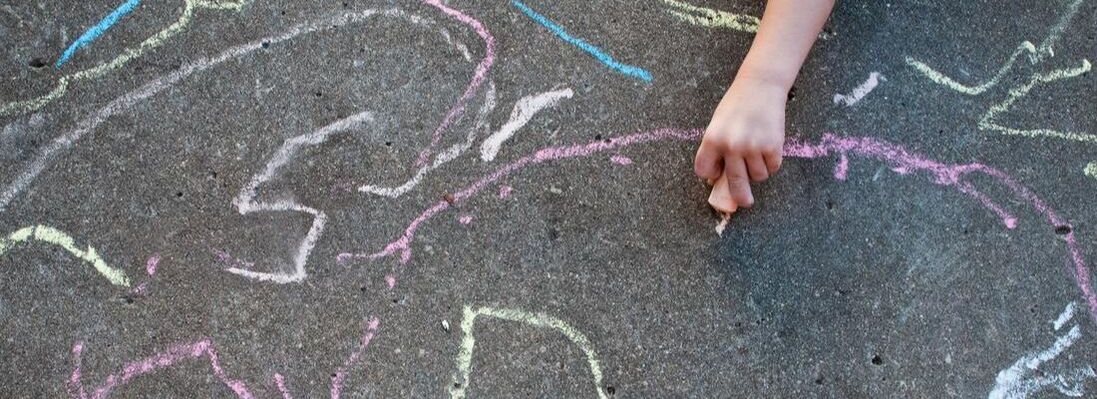
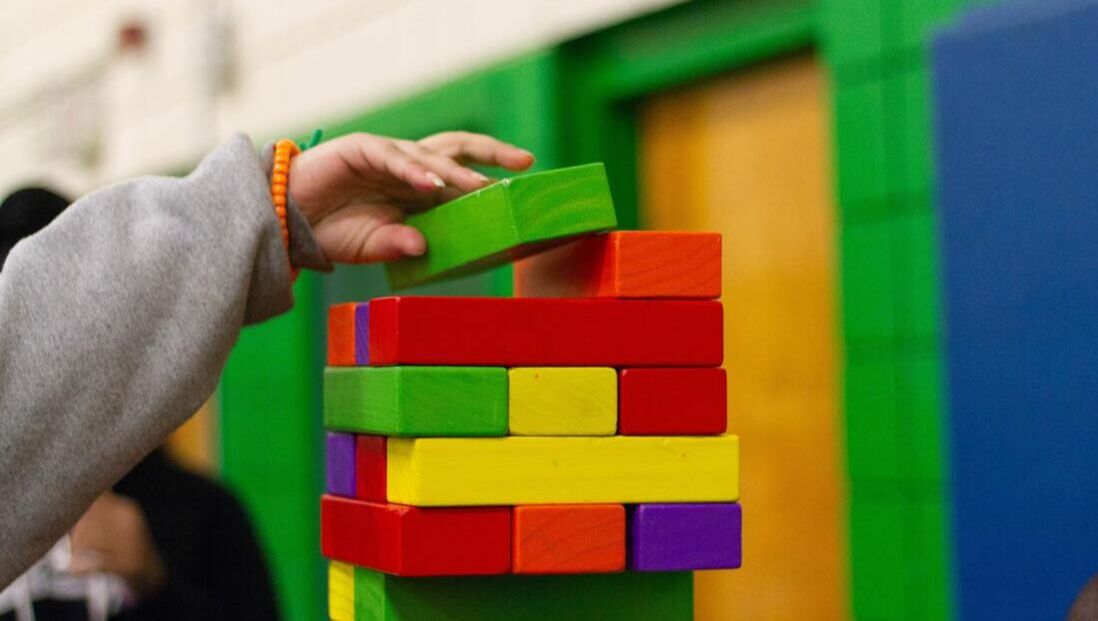
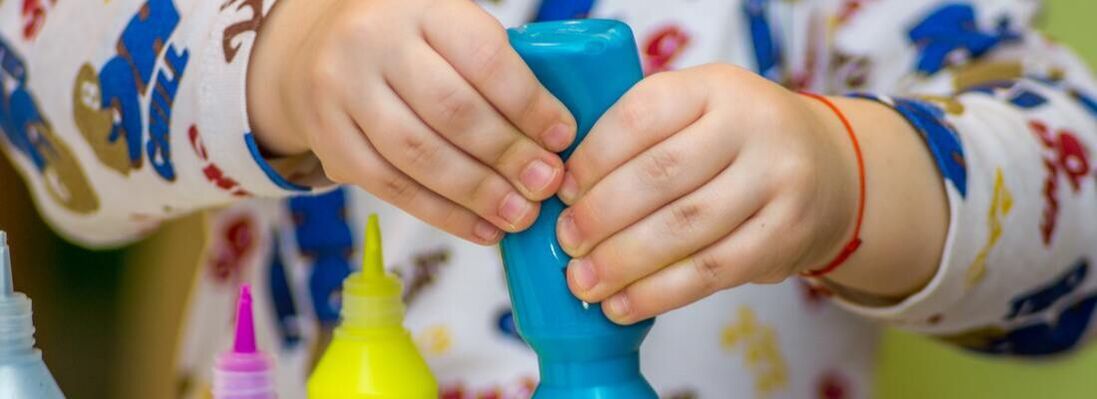
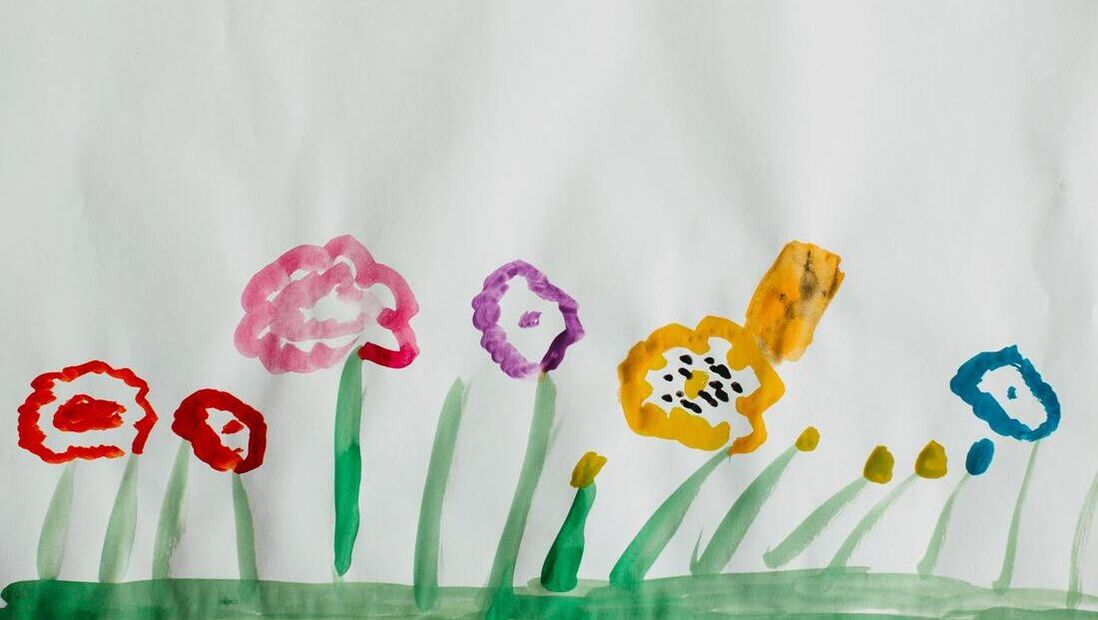
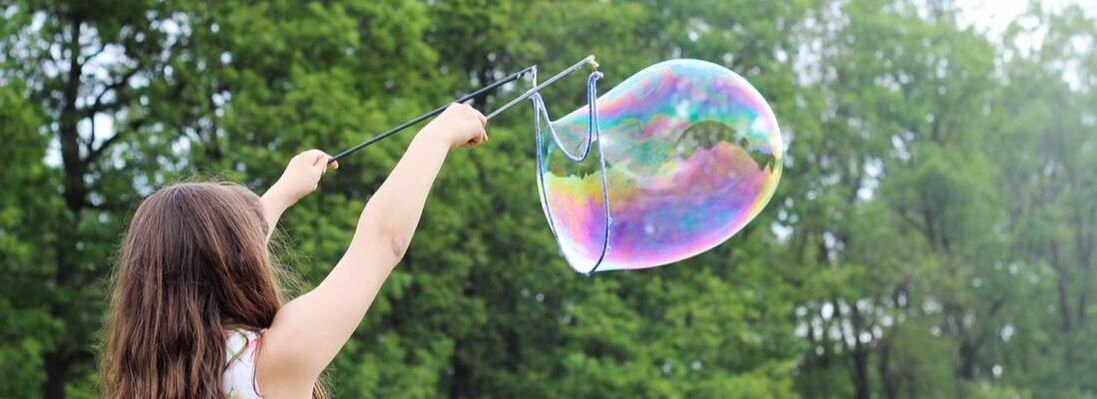
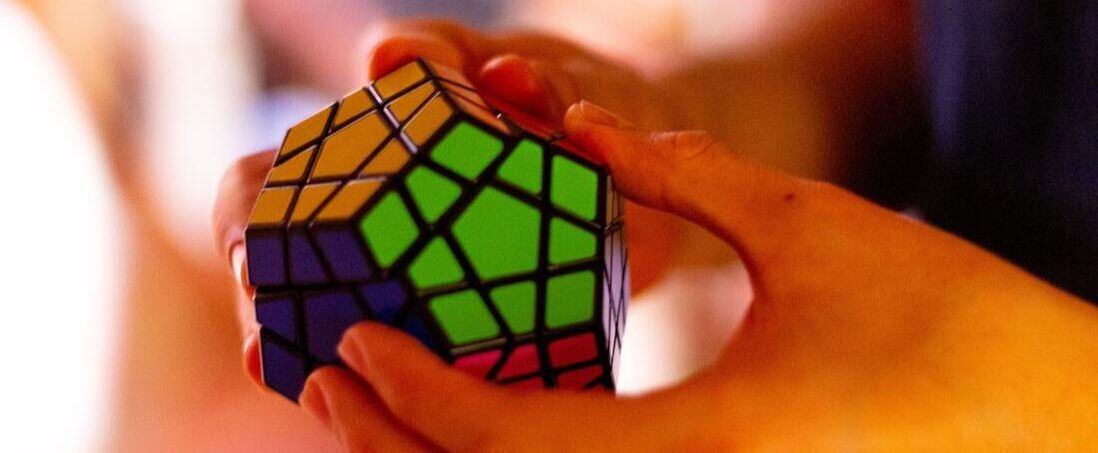


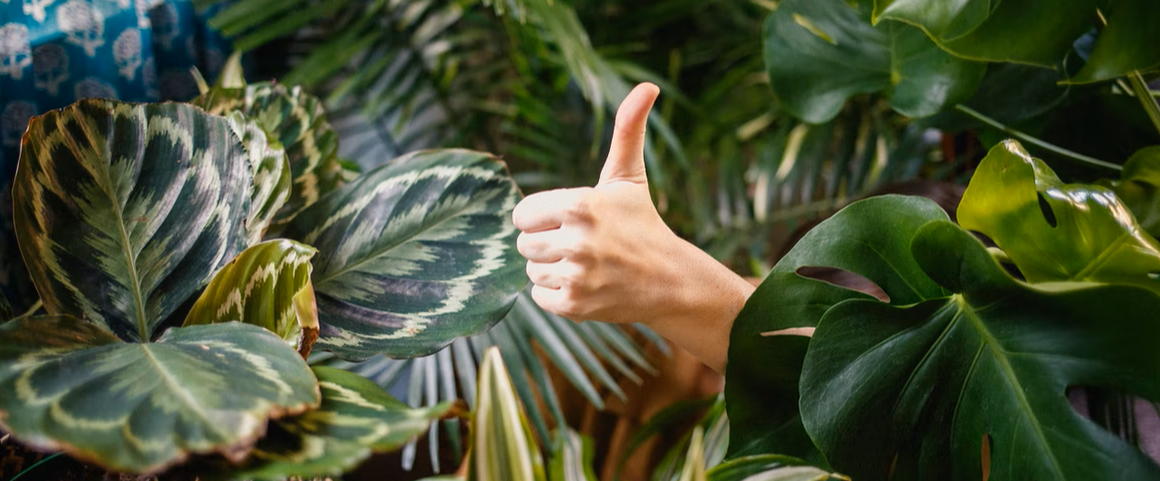
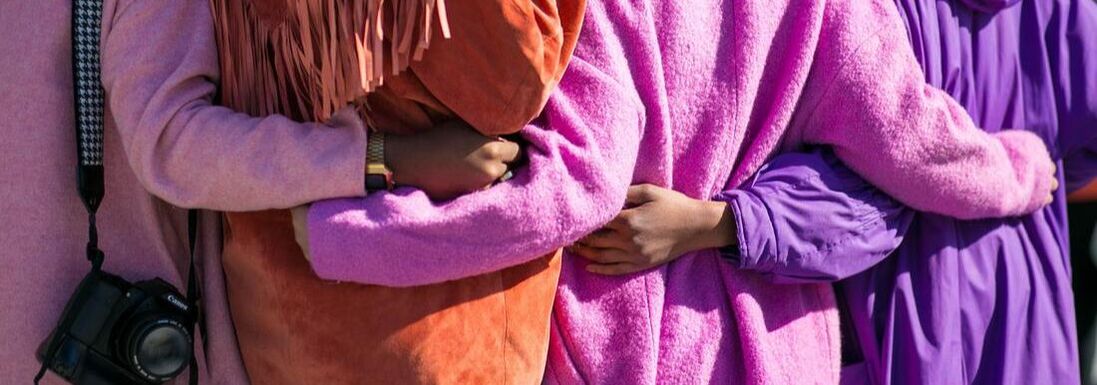
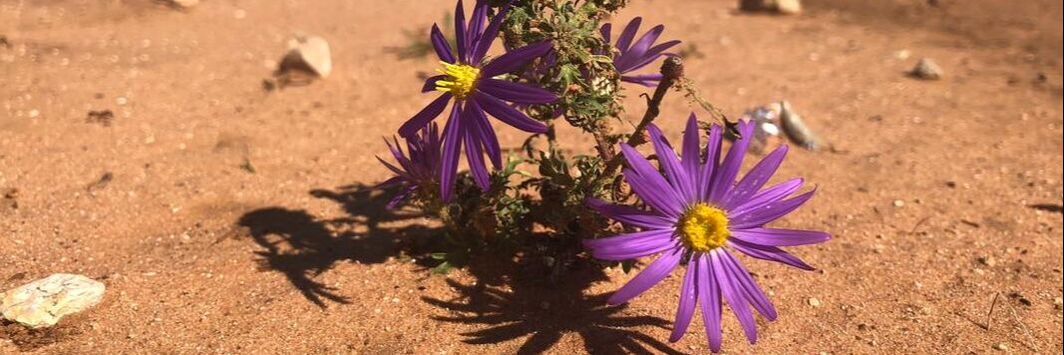

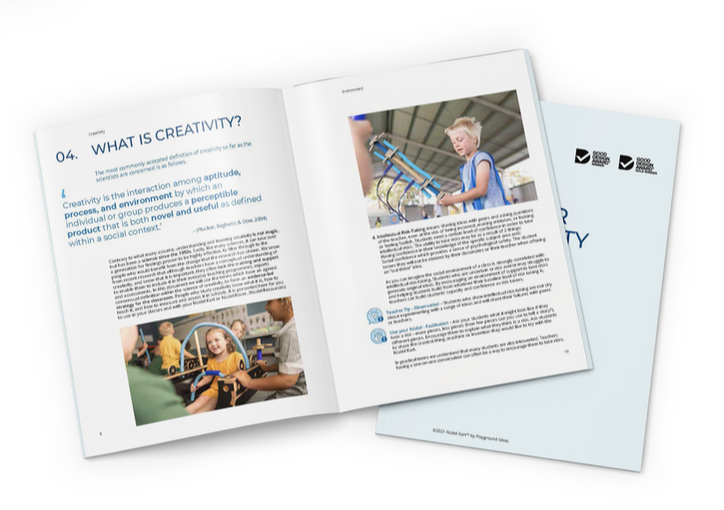
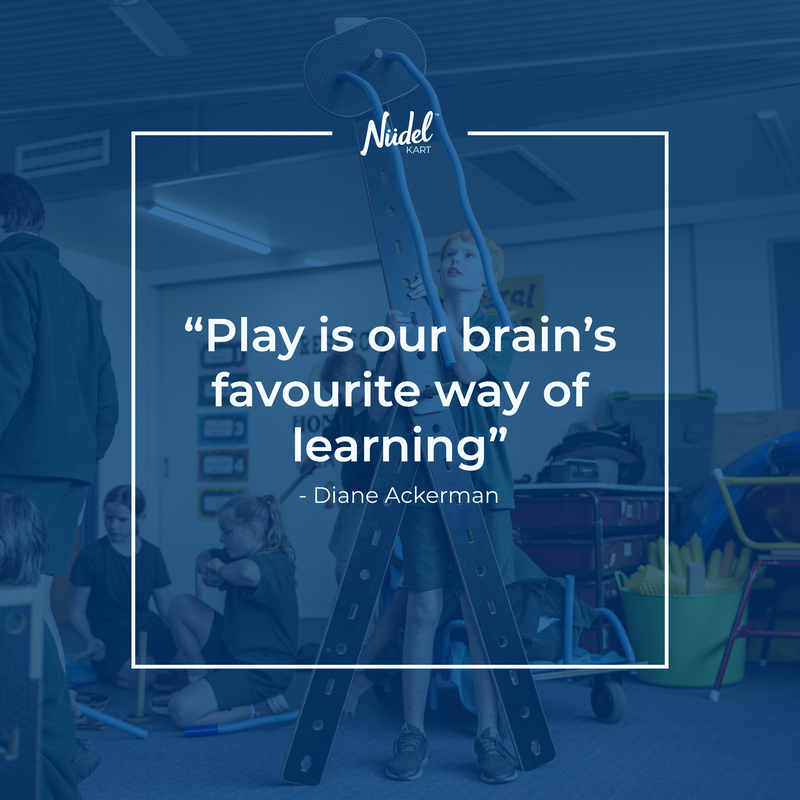
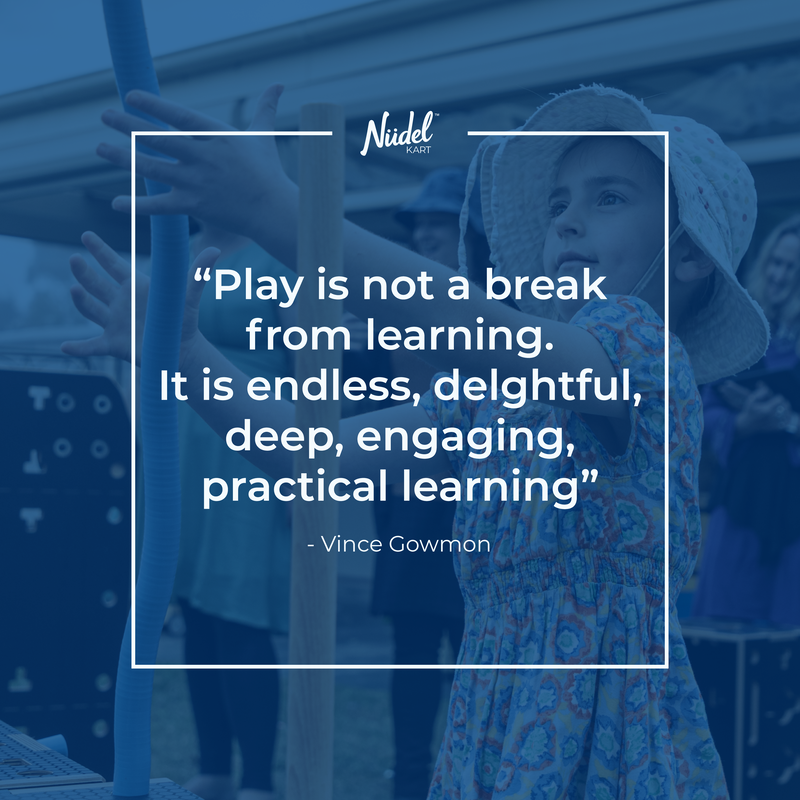
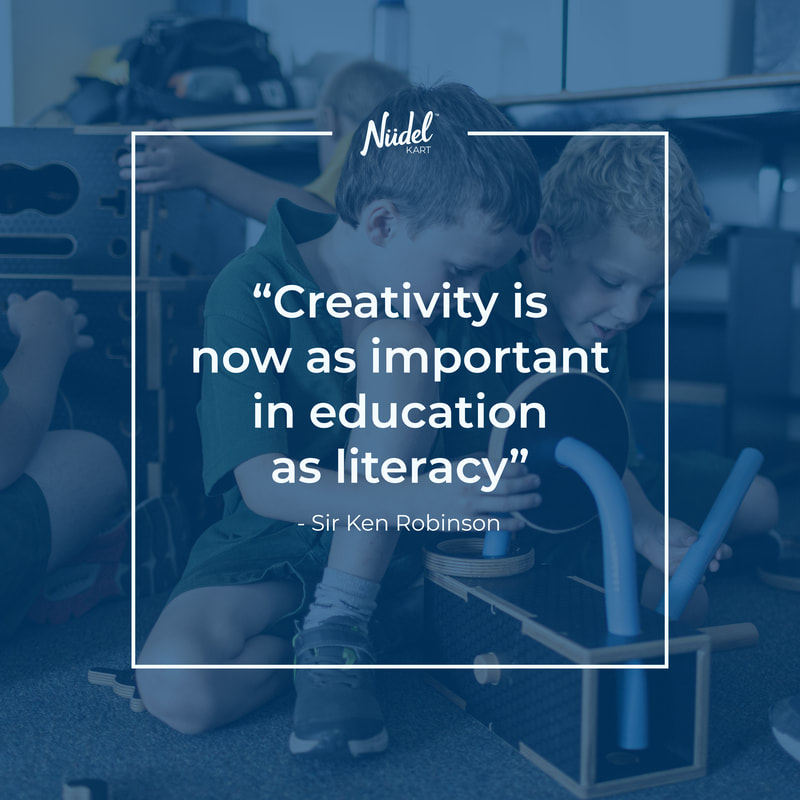
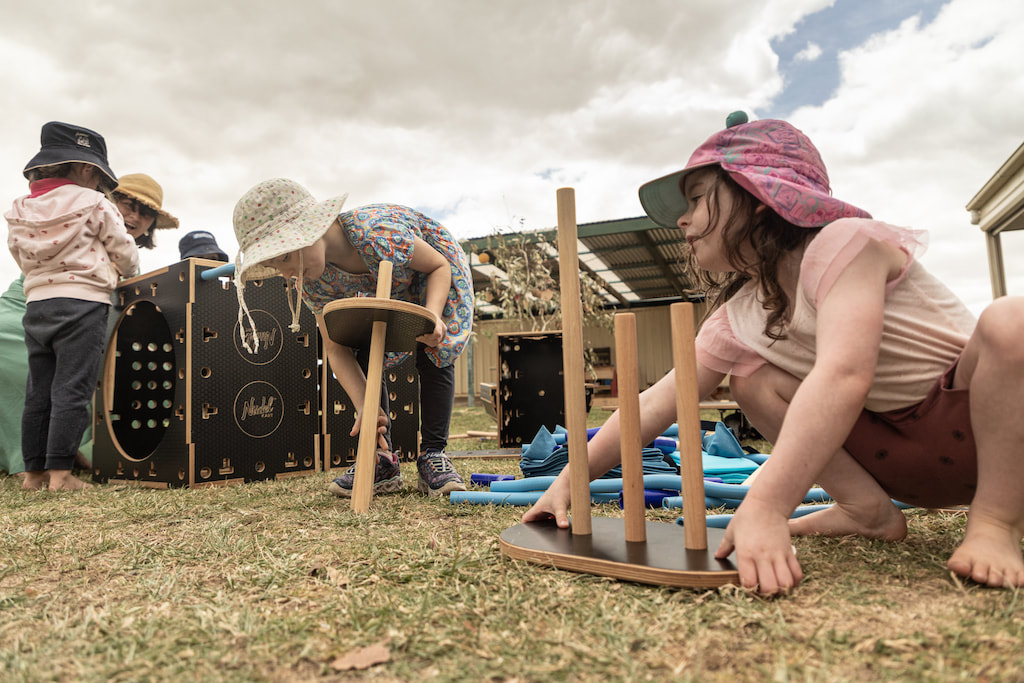
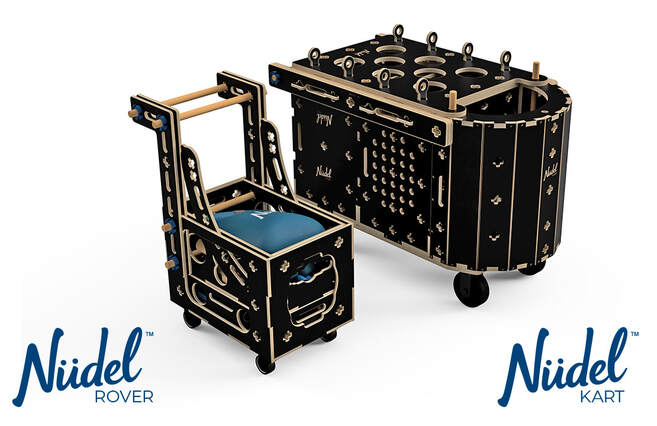
 RSS Feed
RSS Feed
